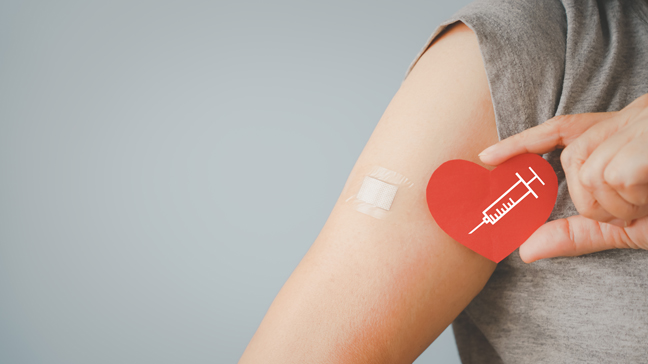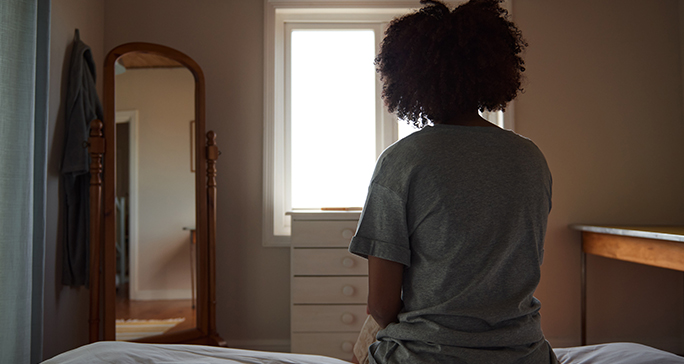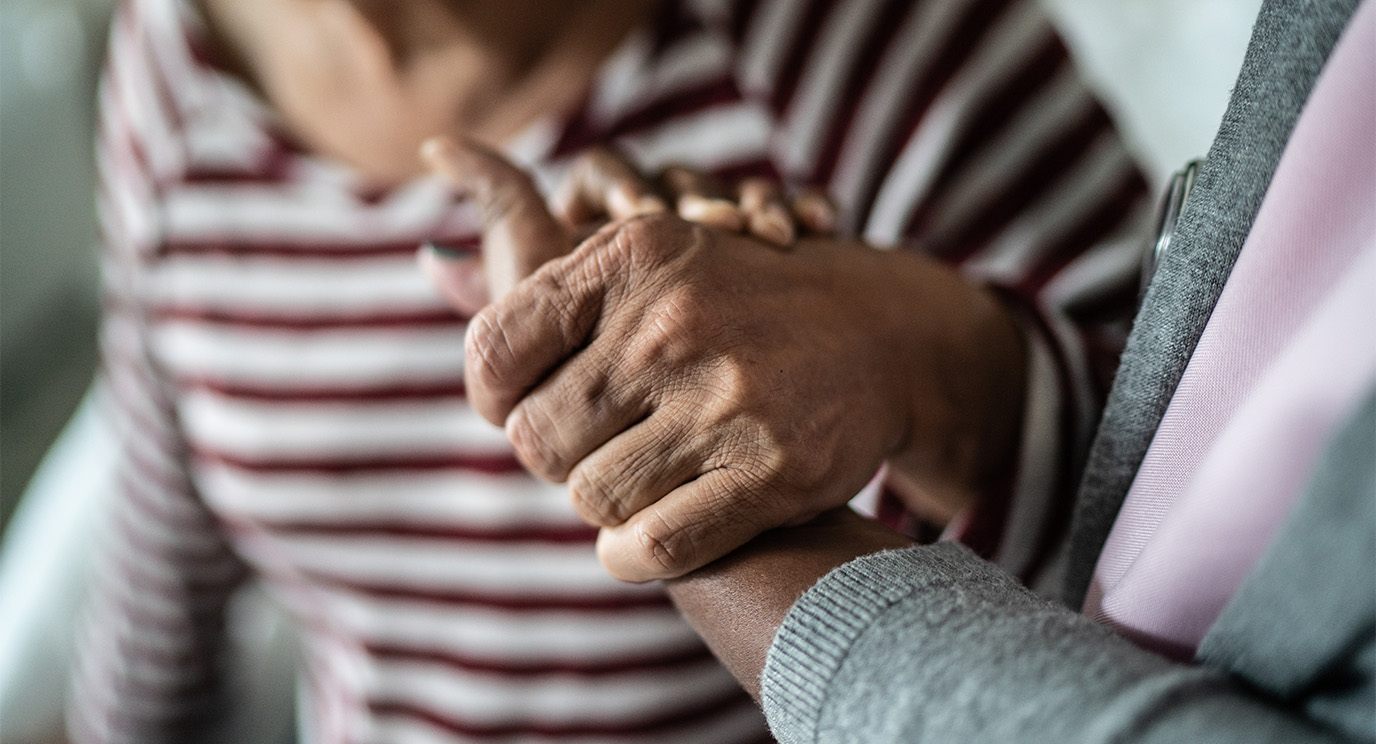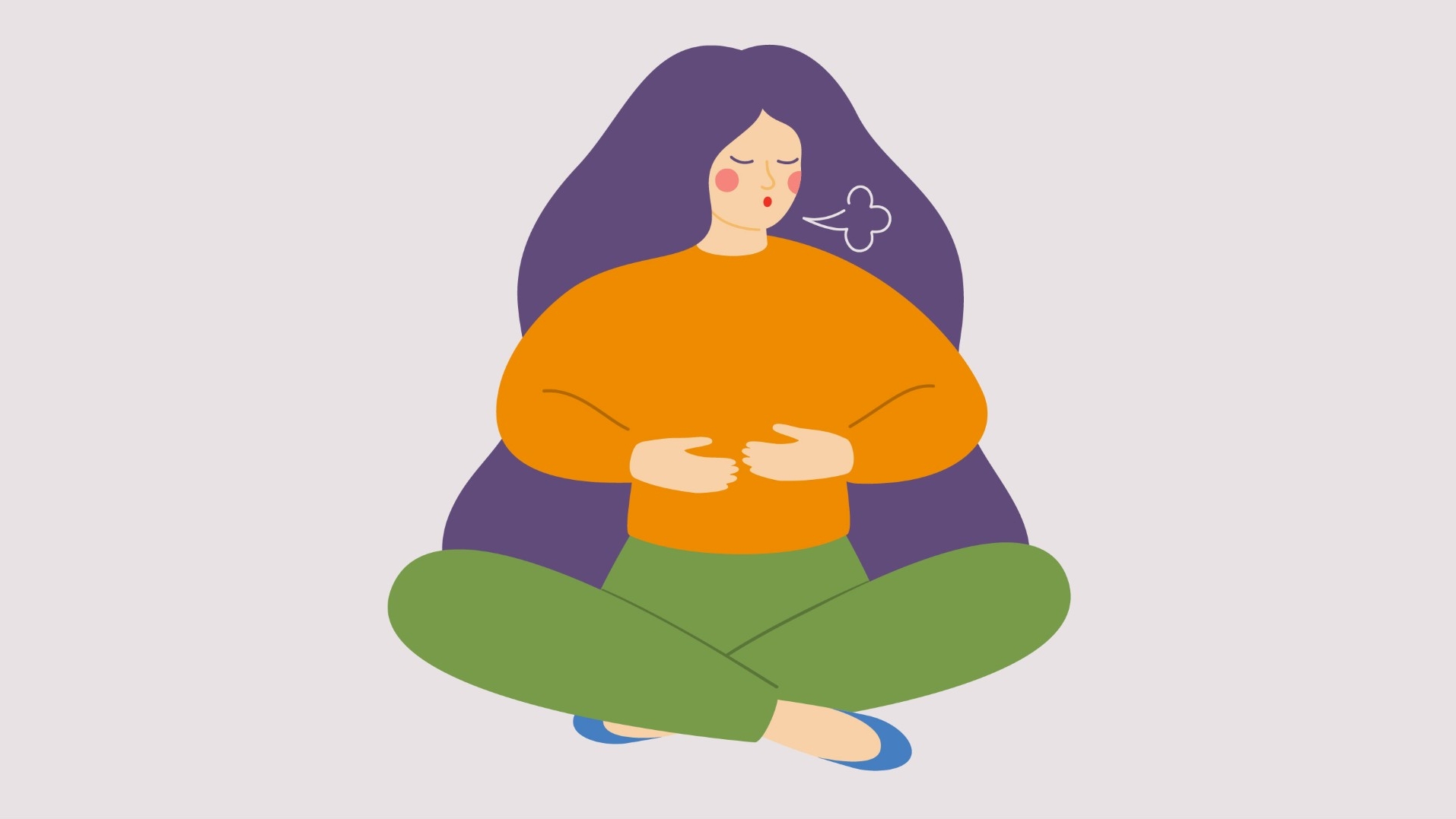- Diseases
- Acoustic Neuroma (14)
- Adrenal Gland Tumor (24)
- Anal Cancer (66)
- Anemia (2)
- Appendix Cancer (16)
- Bile Duct Cancer (26)
- Bladder Cancer (68)
- Brain Metastases (28)
- Brain Tumor (230)
- Breast Cancer (718)
- Breast Implant-Associated Anaplastic Large Cell Lymphoma (2)
- Cancer of Unknown Primary (4)
- Carcinoid Tumor (8)
- Cervical Cancer (154)
- Colon Cancer (164)
- Colorectal Cancer (110)
- Endocrine Tumor (4)
- Esophageal Cancer (42)
- Eye Cancer (36)
- Fallopian Tube Cancer (6)
- Germ Cell Tumor (4)
- Gestational Trophoblastic Disease (2)
- Head and Neck Cancer (6)
- Kidney Cancer (124)
- Leukemia (344)
- Liver Cancer (50)
- Lung Cancer (288)
- Lymphoma (284)
- Mesothelioma (14)
- Metastasis (30)
- Multiple Myeloma (98)
- Myelodysplastic Syndrome (60)
- Myeloproliferative Neoplasm (4)
- Neuroendocrine Tumors (16)
- Oral Cancer (100)
- Ovarian Cancer (170)
- Pancreatic Cancer (164)
- Parathyroid Disease (2)
- Penile Cancer (14)
- Pituitary Tumor (6)
- Prostate Cancer (144)
- Rectal Cancer (58)
- Renal Medullary Carcinoma (6)
- Salivary Gland Cancer (14)
- Sarcoma (236)
- Skin Cancer (296)
- Skull Base Tumors (56)
- Spinal Tumor (12)
- Stomach Cancer (60)
- Testicular Cancer (28)
- Throat Cancer (90)
- Thymoma (6)
- Thyroid Cancer (98)
- Tonsil Cancer (30)
- Uterine Cancer (78)
- Vaginal Cancer (14)
- Vulvar Cancer (18)
- Cancer Topic
- Adolescent and Young Adult Cancer Issues (20)
- Advance Care Planning (10)
- Biostatistics (2)
- Blood Donation (18)
- Bone Health (8)
- COVID-19 (362)
- Cancer Recurrence (120)
- Childhood Cancer Issues (120)
- Clinical Trials (626)
- Complementary Integrative Medicine (24)
- Cytogenetics (2)
- DNA Methylation (4)
- Diagnosis (230)
- Epigenetics (6)
- Fertility (64)
- Follow-up Guidelines (2)
- Health Disparities (14)
- Hereditary Cancer Syndromes (124)
- Immunology (18)
- Li-Fraumeni Syndrome (8)
- Mental Health (118)
- Molecular Diagnostics (8)
- Pain Management (62)
- Palliative Care (8)
- Pathology (10)
- Physical Therapy (18)
- Pregnancy (18)
- Prevention (898)
- Research (390)
- Second Opinion (74)
- Sexuality (16)
- Side Effects (604)
- Sleep Disorders (10)
- Stem Cell Transplantation Cellular Therapy (216)
- Support (404)
- Survivorship (322)
- Symptoms (184)
- Treatment (1774)
Caring for your mental health after a new cancer diagnosis
4 minute read | Published October 06, 2021
Medically Reviewed | Last reviewed by an MD Anderson Cancer Center medical professional on October 06, 2021
A new cancer diagnosis can change your priorities and day-to-day routines. Many patients and their caregivers feel a range of emotions, including shock, sadness, anger, disappointment and confusion. The added anxiety of awaiting test results and appointments can cause even more stress.
“Having an emotional response to a cancer diagnosis is a normal reaction to an abnormal situation,” says licensed clinical pyschologist Catherine Powers-James, Ph.D. “Negative emotions aren't inherently bad. It's when they get out of control when therapy is helpful. The earlier we initiate help for our mental health, the better.”
We asked Powers-James to walk us through what cancer patients and their caregivers can expect during therapy and what else patients can do to protect their mental health before and during cancer treatment.
Addressing emotions and finding coping tools
“Right after a new cancer diagnosis is a crucial time to seek help,” says Powers-James. “When I see cancer patients during their first therapy session, a lot of people tend to say, ‘I wish I knew about you sooner.’”
Her main goal is to provide a listening ear for patients and caregivers who need to talk. She also is there for patients and caregivers to bounce ideas off of regarding their care and how to manage emotions surrounding their diagnosis and treatment.
“When I have my first session with a cancer patient or caregiver, I let them tell their story and talk about what they’re experiencing as much as they want to. Some people are tired of telling the story of their diagnosis over and over again, and that’s OK, too,” Powers-James explains.
After that, she’ll work with patients and caregivers to explore different tools that might help them, like deep breathing, organizing their support system or reframing negative self-talk. “I like to work toward things that are important to them – quality of life, faith and/or family,” Powers-James says. “In a way, they can become their own therapist.”
By helping patients get a support system in place, she says early therapy sessions can shape the rest of a patient’s cancer experience.
“Many patients reevaluate their support system through this process. Some people step up; some disappear. Some people are better emotional support; others thrive at task support. Identifying who those people are early on gives patients a better understanding of whom to ask for help from during treatment,” says Powers-James.
Caregivers benefit from joining therapy sessions
In addition to focusing on the patient, Powers-James says it’s common for caregivers to join therapy sessions as well.
“People are usually eager to have a caregiver come join us for a session or two and learn the coping techniques we’ve discussed. Some patients are afraid to share what they’re feeling with their loved ones because they don’t want to burden them. But it can be very helpful to bring your caregiver with you to therapy so you can really explore your emotions,” she says.
Therapy is just one piece of protecting your mental health
Along with providing therapy, Powers-James and her team will work with a patient’s medical team if there is a physical need to address, such as maintaining a healthy weight or facing fears about diagnostic procedures.
“Your mood can impact your physical health. It’s the mind/body connection,” explains Powers-James. “We want to manage our stress response to allow our immune system to work the way it’s supposed to work.”
Powers-James often refers patients to MD Anderson’s Integrative Medicine Center to help them build a well-rounded, healthy lifestyle.
“Activities like yoga, massage, tai chi and meditation are wonderful tools for regaining peace during a stressful time,” says Powers-James. “There are also free virtual group classes, like nutrition and exercise, available to anyone touched by cancer.”
Some people also find it helpful to connect with other patients and caregivers through support groups and/or myCancerConnection, MD Anderson’s cancer support community that offers free, one-on-one support to patients, caregivers and survivors regardless of where they receive treatment. “It can be very powerful to make social connections with others who are facing the same things you are,” Powers-James says.
Mental health care during cancer treatment isn't one-size-fits-all
Some patients and caregivers may only want to attend a few sessions and then use their new coping tools to manage their mental health. But many patients continue therapy throughout their treatment and even as they adjust to survivorship.
“I have noticed that our clinic is busier than ever because therapy appointments are now virtual due to the COVID-19 pandemic,” notes Powers-James. “More people are continuing therapy after they have completed cancer treatment because it’s so convenient now.”
Whatever route you choose, Powers-James stresses that there’s no one-size-fits-all approach to managing your mental health. The most important thing is to make sure you don’t let your mental health take a backseat to cancer treatment.
“Don’t feel like you have to face your cancer diagnosis alone,” Powers-James says. “Regardless of where you’re receiving treatment, there are a resources to help you.”
Request an appointment at MD Anderson online or by calling 1-855-768-0559.

Right after a new cancer diagnosis is a crucial time to seek help.
Catherine Powers-James, Ph.D.
Psychologist





